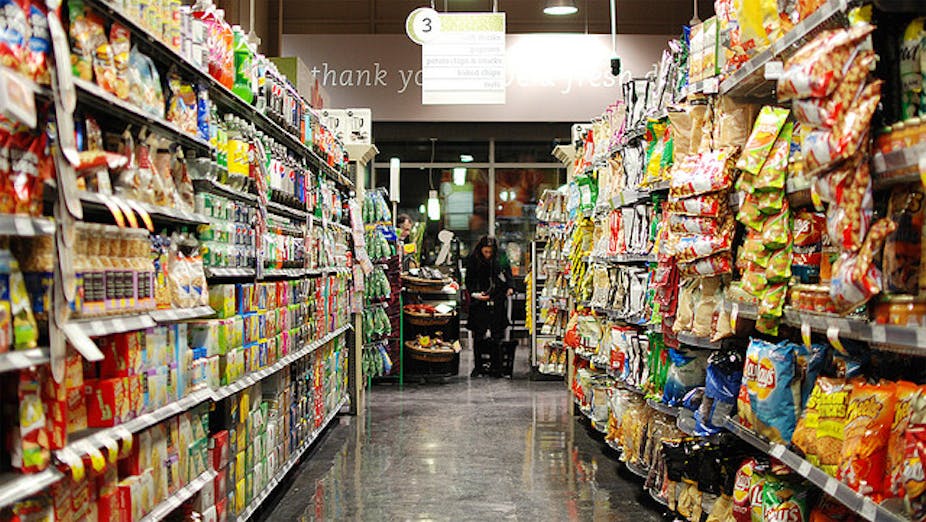Consuming a lot of high-energy junk foods and fizzy drinks is associated with a higher risk of colorectal cancer, according to new research published in the European Journal of Cancer Prevention.
The new study is the first to draw a direct link between high sugar, high fat foods and bowel cancer but some experts have warned the results should be interpreted cautiously.
Colorectal cancer, which includes bowel and rectal cancer, accounts for 9.7% of all cancer cases worldwide and 8% of all cancer-related deaths.
The research team, led by the University of Edinburgh in Scotland, investigated the relationship between colorectal cancer and demographic, lifestyle, and food choices.
The authors included 2062 mostly white patients who presented with colorectal cancer to surgical units in Scotland between 1999 and 2006. A control group of 2776 mostly white people matched for age, sex and area of residence was also studied.
However, many patients and controls refused to take part in the study and participation rates were 52% for the patient group and 39% for the control group, with the authors speculating that some may have been turned off by the prospect of biological specimen collection.
Participants filled out a questionnaire about their general lifestyle and another about their food intake.
The researchers found that those who consumed more high-energy snack foods – which included high-fat and high-sugar foods such as desserts, chocolates, nuts, crisps, biscuits and cakes – were more likely to have developed colorectal cancer.
“The positive association of ‘high-energy snack foods’ and high-energy drinks with colorectal cancer is novel and merits further investigation as such snacks and drinks are increasingly important contributors to diets in industrialised country settings,” the report said.
Juice, coffee and fish
In the population studied, high-energy snack foods accounted for 20% of the daily energy intake.
Drinking a lot of fruit and vegetable juice was also associated with a higher risk of colorectal cancer among patients with a high body mass index.
“Generally, fruit and vegetable juices have different properties compared with the whole fruit or vegetable they come from, as the majority of them contain sugars, preservatives and other additives. In addition, it has been shown that pure fruit juice raise blood sugar, and hence insulin, by a greater magnitude than a whole fruit eaten over the same time period, which could account for different metabolic effects,” the authors said.
High levels of white fish consumption was also associated with an increased risk of colorectal cancer but the authors said this was likely because the fish was often served fried or battered.
“Coffee may be associated with a decreased colorectal cancer risk either because it contains particular anticarcinogenic substances, such as phenolic compounds, or because it increases the motility in the large bowel,” the researchers said in their paper.
Caution required
Professor Ian Olver, CEO of Cancer Council Australia said that the strength of the study was that it involved large numbers and highlighted, “a complete set of new factors associated with the risk of bowel cancer and that was the consumption of snack foods and fizzy drinks.”
However Professor Olver, who was not involved in the study, the fact that the patients reported their own food and drink habits was problematic because some people cannot remember their food choices accurately.
He also said that control patients may have chosen to participate because they may have had healthier diets, which in turn leads to a biased result; a limitation the authors of the study acknowledged in their paper.
Professor Dallas English, Director of the Centre for Molecular, Environmental, Genetic and Analytic Epidemiology at the University of Melbourne, said that “case-control studies of diet and cancer have been problematic because people with cancer might report their diet differently.”
“Many findings of case-control studies have not been replicated in cohort studies, which are much more sound methodologically because they begin with healthy people and follow them up to identify those that get cancer,” said Professor English, who was not involved with the study.

